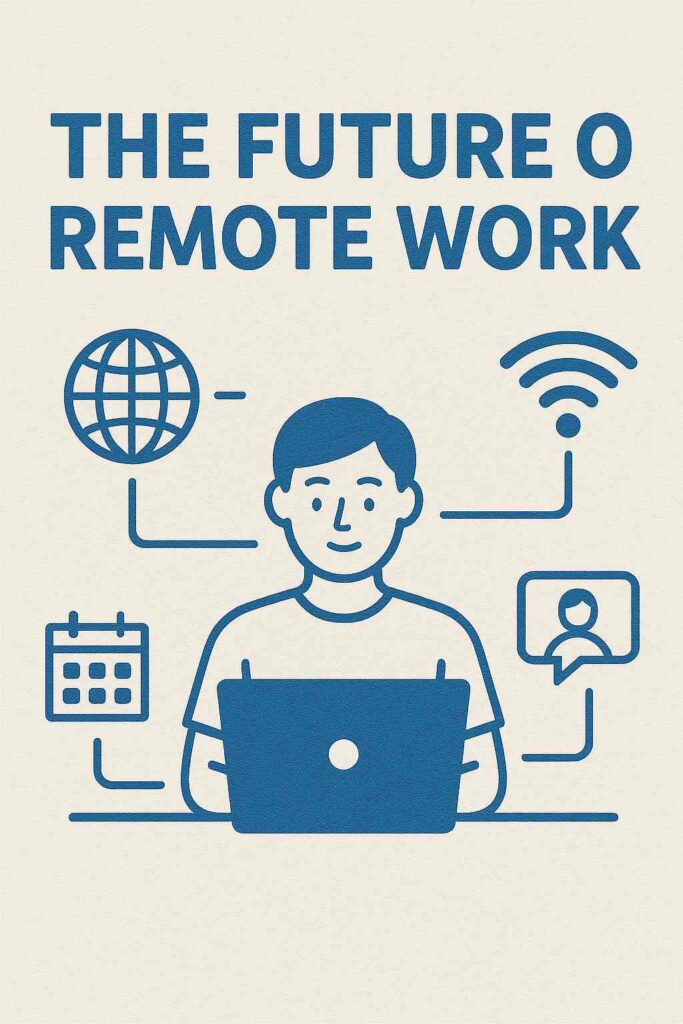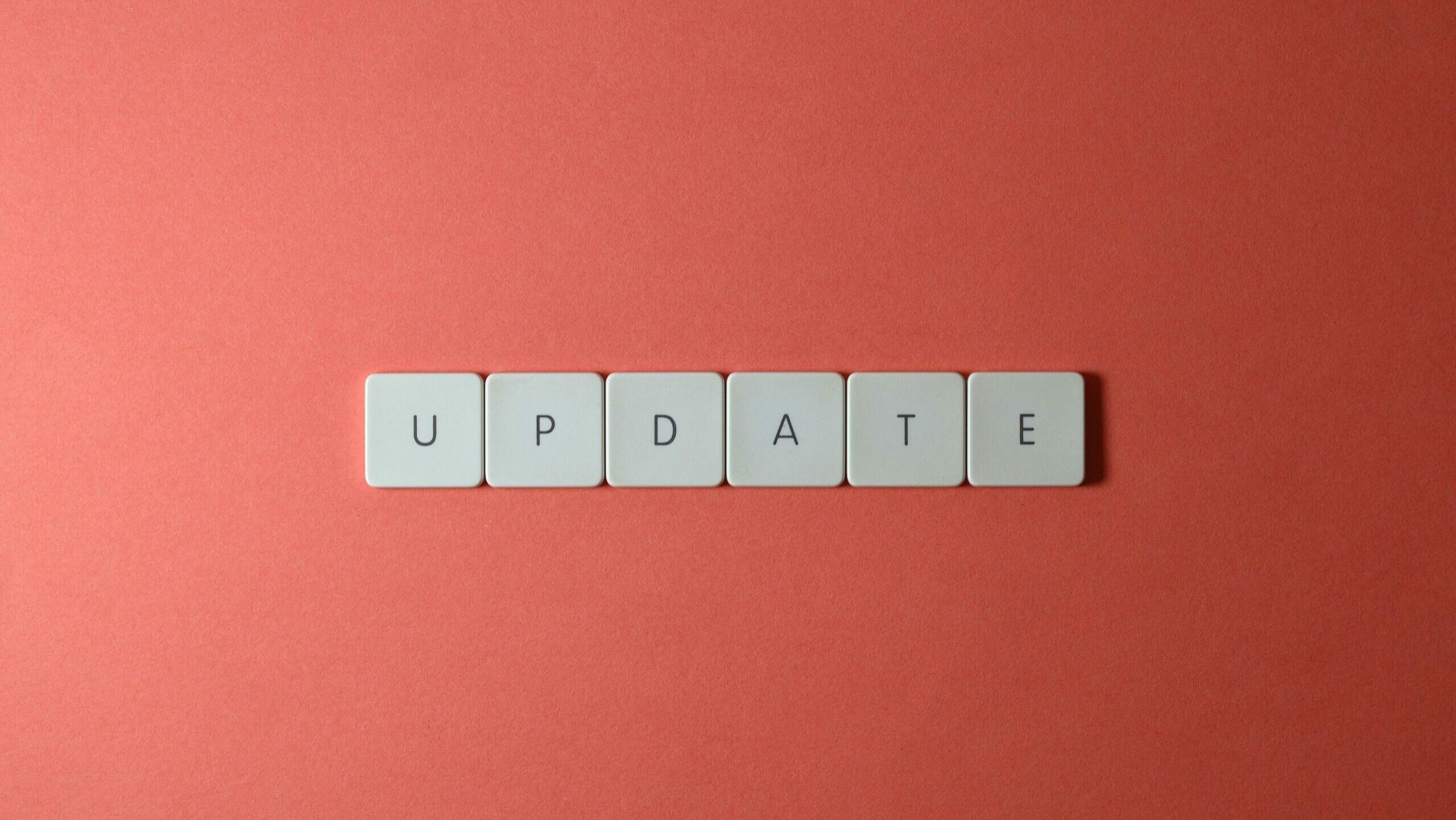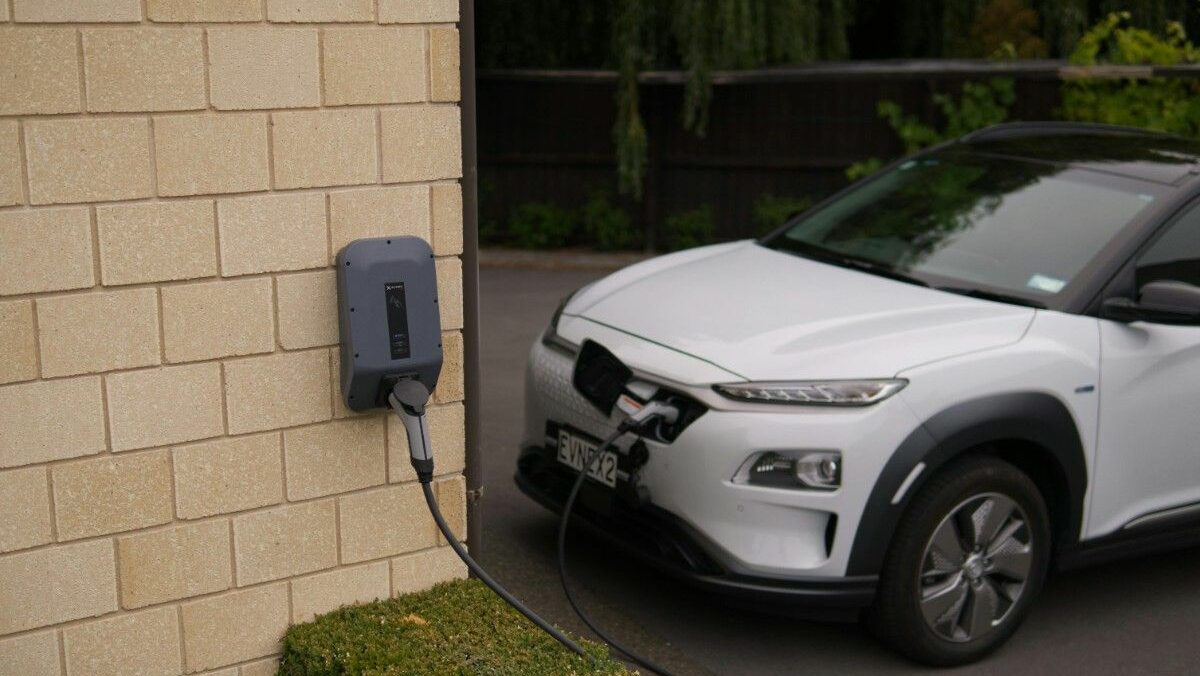The Future of Remote Work: No Pants Required (But Perhaps a Better WiFi Connection)
Remember when “working from home” meant sometimes replying to emails in your pyjamas? Fast-forward to now, and remote work is a full-blown revolution rather than a benefit. But what comes next for the future of remote work as we abandon the daily commute for good—or at least most days? Spoiler: It’s not only Slack messages and Zoom calls.

Hybrid work is here to stay; so are your sweatpants.
The 9-to-5 office grind So 2019. Hybrid work models—a flexible combination of home and office time that allows you decide where you’re most productive—belong to the future. While some businesses try “office optional” rules, others are going completely remote. What is the best part? Say farewell to uncomfortable lift small conversation and welcome midday naps (just silence yourself first).
The catch, though, is that businesses are growing more clever about really making remote employment operate. That calls for improved remote work technologies such virtual whiteboards without mid-brainstorm glitches and AI-powered scheduling systems blocking focus time (no more back-to-back meetings).
Digital nomads are taking over (and sure, we envy)
You’re not dreaming if your LinkedIn feed is packed with folks working from Lisbon or Bali. With nations even providing unique permits for remote workers, the digital nomad movement is booming. Why sit in a cubicle when you can respond to emails from a beach? Just be mindful of dubious WiFi and errant waves.
Naturally, this way of living is not all Instagram-worthy sunsets. Finding a dependable coffee shop with outlets is an art form; time zones can be a headache (“Wait, it’s 3 AM where you are?”). But more workers are exchanging their office keys for a passport as distributed workforce solutions get better—think virtual mails and worldwide payroll systems.
Remote Work’s Dark Side (Hint: It’s Not Only Loneliness)
To be honest, remote work is not perfect. Think back to when the damaged Keurig was your main office issue. Now it’s dealing with patchy internet, your cat strolling over your laptop during a presentation, and the existential anxiety of never leaving your home.
Virtual office developments such as VR conference rooms (no, you don’t have to wear a headset all day) and apps recreating “watercooler chats” without the real watercooler are driving companies to address these pain concerns. For individuals who long for human contact, coworking spaces are changing into social centres with (hopefully) improved coffee than your kitchen can produce and networking activities.
So… Will Remote Work Remain?
Remote work isn’t going away unless businesses begin providing nap pods and free massages in the workplace (unlikely). But it is changing. The future is about working from anywhere, with freedom, improved tools, and a bit less burnout, not only from home.
Whether you support #NeverOfficeAgain or simply wish to avoid rush hour for all time, one thing is certain: Our work has permanently altered. If only someone could create a mute button for barking dogs, we would be all set.
P.S. Just tell your boss it’s “industry research” if he questions why you’re reading this rather than working. We will not inform.







